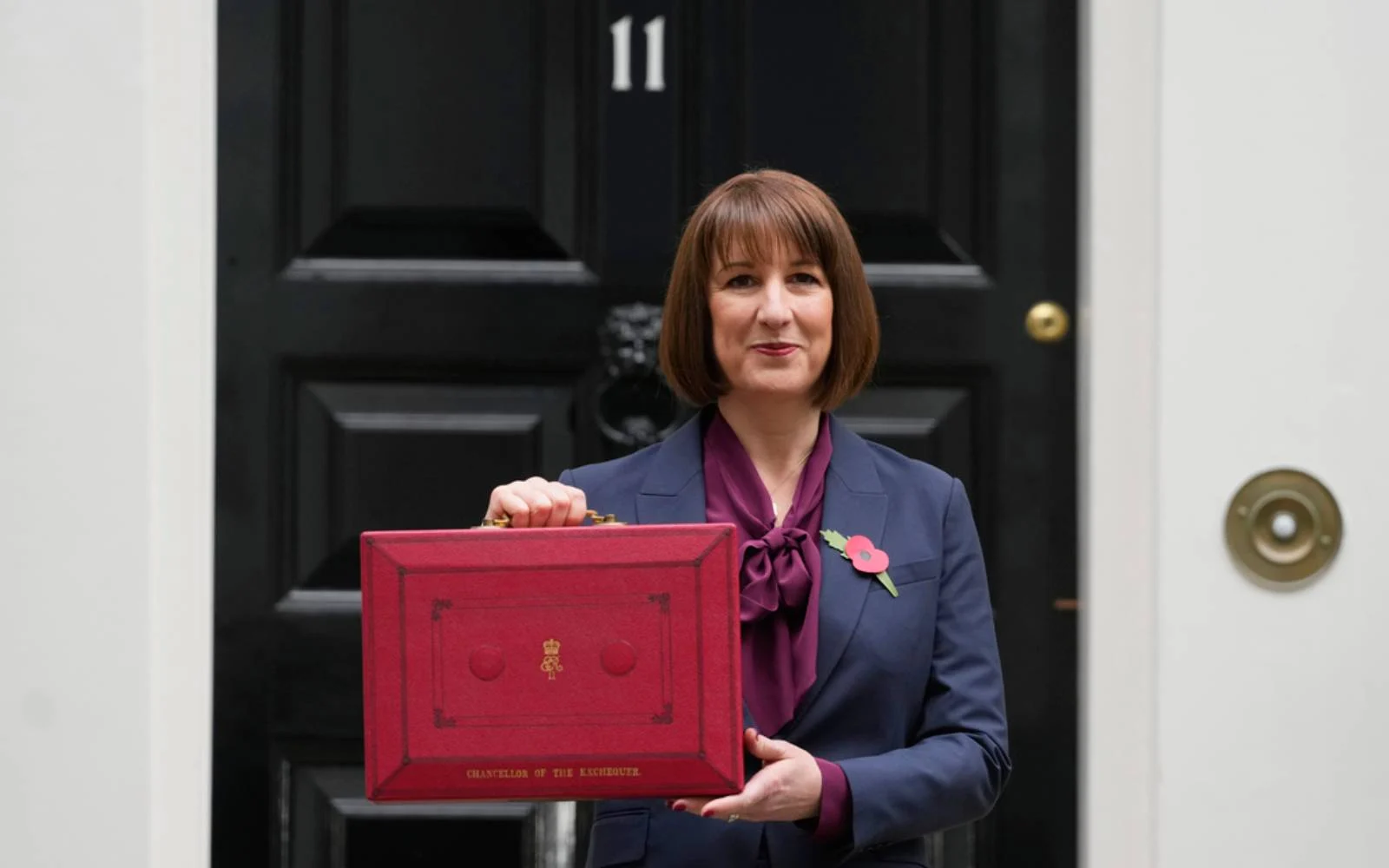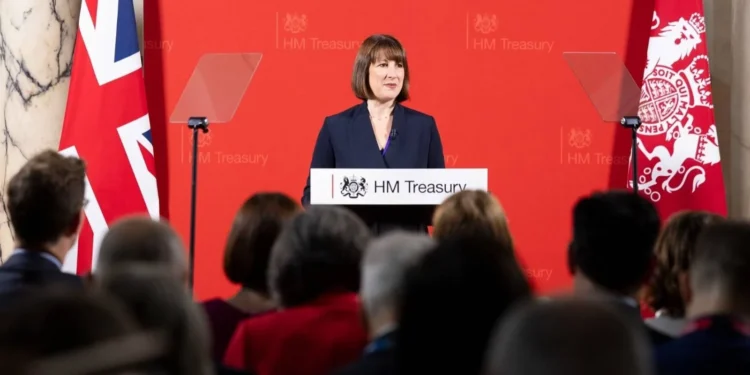UK Spring Statement 2025: Chancellor Rachel Reeves delivered the much-anticipated Spring Statement on March 27, 2025, focusing primarily on government spending cuts rather than introducing new tax measures. The statement provided key insights into the economic direction of the UK, particularly for immigrants and individuals in low-income brackets. As the cost-of-living crisis continues to weigh on vulnerable communities, many were looking for relief in the Chancellor’s speech. However, the policy direction taken suggests more fiscal tightening rather than expanded welfare support.
The UK Government’s Fiscal Policy and Its Impact on Immigrants
One of the most significant takeaways from the Spring Statement was the government’s emphasis on reducing public expenditure. According to the Office for Budget Responsibility (OBR), without these spending cuts, the UK would have faced a budget shortfall of approximately £4.1 billion by 2029-30. The proposed measures include reductions in welfare spending and restrictions on government department budgets. While these steps are designed to stabilize the economy, they raise concerns about the potential impact on public services that immigrants and low-income earners heavily rely on.
The OBR also revised its UK economic growth forecast downward, reducing its 2025 projection from 2% to 1%. This revision reflects the growing uncertainty in the economy, compounded by global market fluctuations. While the UK government aims to restore financial stability, the reduced growth projections indicate that job opportunities and wage growth could be slower, particularly affecting immigrants who often work in sectors sensitive to economic downturns (OBR Report).
Government Welfare and Support Programs: What’s Changing?
Among the more contentious elements of the statement were changes to welfare policies. The government has outlined reforms that could tighten eligibility for certain benefits, including housing and child support allowances. This shift could disproportionately impact immigrants and people in low-income brackets, many of whom rely on these programs to cover essential expenses. Organizations advocating for migrant welfare have criticized these proposed cuts, arguing that they will make economic mobility even more challenging (Citizens Advice).

Additionally, despite calls for more direct financial assistance to struggling households, the Chancellor did not announce new relief programs targeting rising rent costs or energy bills. Many immigrants, especially those on work visas or with precarious immigration statuses, face difficulties accessing public funds, making these welfare reductions particularly concerning for them (Migration Observatory).
No New Tax Reliefs or Savings Incentives for Low-Income Earners
Unlike previous fiscal statements, this Spring Statement did not introduce new changes to Individual Savings Accounts (ISAs) or pension policies. While there had been speculation that the government might lower annual ISA limits or introduce new tax reliefs for lower-income savers, these remained unchanged. The government’s primary fiscal strategy remains focused on expenditure control rather than increasing disposable income through tax adjustments (HM Treasury).
For immigrants and low-income workers, this means there is little direct financial relief from taxation policies in this budget cycle. The absence of new tax breaks for savers and workers suggests that individuals will need to navigate rising costs with limited governmental support.
The Bigger Picture: UK Economic Strategy and Global Implications
The Spring Statement comes at a time of broader economic challenges, both domestically and internationally. Global financial markets have been volatile, with US stock markets experiencing corrections after years of high growth. Conversely, European markets have shown resilience, demonstrating the importance of international diversification for investors. The UK’s economic policies will need to be aligned with global trends, particularly concerning trade, investment, and labour markets (Financial Times).
Despite economic challenges, the UK government remains committed to maintaining fiscal discipline, a stance that may impact public sentiment leading up to the next general elections. Immigrant communities and advocacy groups are likely to continue pressing for greater support and targeted economic measures to address their unique challenges in the UK economy.
Conclusion
The UK government’s Spring Statement prioritizes budgetary discipline over direct financial relief for vulnerable populations, including immigrants and low-income earners. While the government seeks to stabilize public finances, concerns remain about the impact of spending cuts on essential welfare programs.
With economic growth projections revised downward and no new tax incentives introduced, the outlook remains uncertain for those at the lower end of the economic spectrum. As the policy changes take effect, advocacy groups and policymakers will likely continue debating their long-term implications for social mobility and economic inclusivity in the UK.












